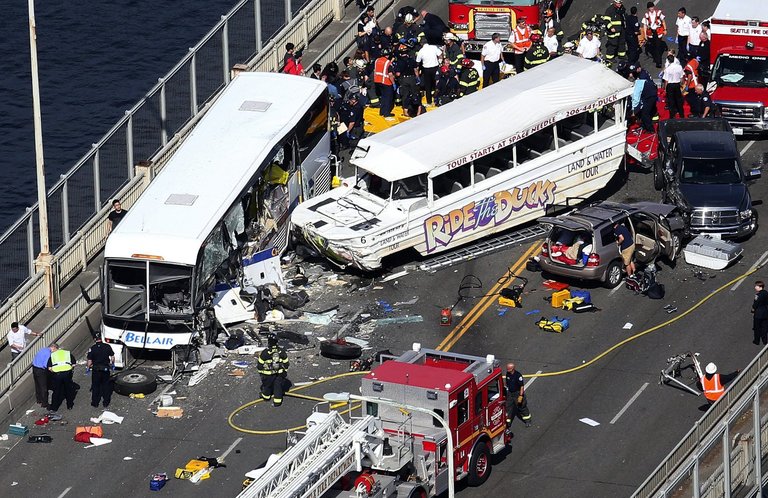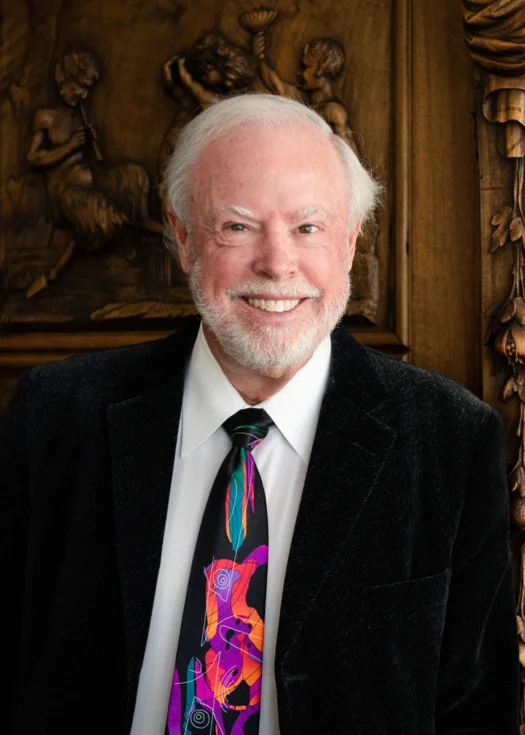
Parents who have raised children into adulthood know that little actually changes that one midnight when a child turns 18. At 11:59 p.m., a 17-year old lives at home with his parents, is wrapping up high school with some degree of senioritis, and probably attempting to decide what to do next. At 12 a.m., the 18-year old is doing the same thing. Yes they are suddenly eligible to buy a cigar or serve in the military, but the love relationship between a parent and their child does not change. With one awful exception.
Since the early 1900s, Washington’s wrongful death laws refuse to recognize any claim by the parents for the loss of the love, care and affection that they shared with their adult child, unless the parent is dependent upon the child for support (which almost never happens), and is also a resident of the United States. RCW 4.20.020. Nor is there any recognition for pre-death suffering of an adult child unless the same conditions are met.
The law is rooted in principles of agriculture and the industrial revolution. Children were farm helpers until adulthood when they either continued to provide support to parents, or were expected to get married and have kids—others who would be dependent on them. Washington’s Legislature adopted the dependency requirement on the belief that allowing a wrongful death claim without dependents would not serve anyone living. Accountability, deterrence, human rights—these were not components of the civil justice system at the turn of the 19th century.
The residency requirement stems from a racist movement by businesses in the early 1900s to diminish claims of Chinese miners killed in workplace accidents. Unless their parents lived in Washington (at the time, now the United States), there would be no wrongful death claim.
To put it in perspective, Washington’s current wrongful death laws were enacted in 1909 when the NAACP was founded, the U.S. Army purchased the world’s first military airplane, and the Alaska-Yukon-Pacific Exposition world’s fair was held at what is now the University of Washington. It was 11 years before women could vote.
Washington is one of just three states to still prohibit claims by parents for the loss of adult children. Now, in 2019, kids are not farm chattel. We don’t as a society limit access to the civil justice system based on race or nationality. And it should not be cheap to wrongfully kill young adults just starting their lives.
In our firm, we often see cases where young adults are killed by gross misconduct, greed, and carelessness. The only claim that can be made is for the amount of money that would have been in the person’s bank account had they lived according to life expectancy tables. This is called net economic loss: what someone would have made minus what they would have consumed. We have to explain to parents why their loss, their suffering, does not matter under the law. It feels wrong, because it is.
The law should mirror the values of society. Last year, Stritmatter attorney Andrew Ackley, as well as several parents who suffered the ultimate loss, testified before Washington’s Legislature regarding the long overdue need to fix the law.
This year, legislation is working its way through the Senate and House to fix Washington’s outdated wrongful death law.
We are hoping to finally bring the law into the 21st century, to give grieving parents the legal rights and recognition they deserve, and to deter wrongdoing.
